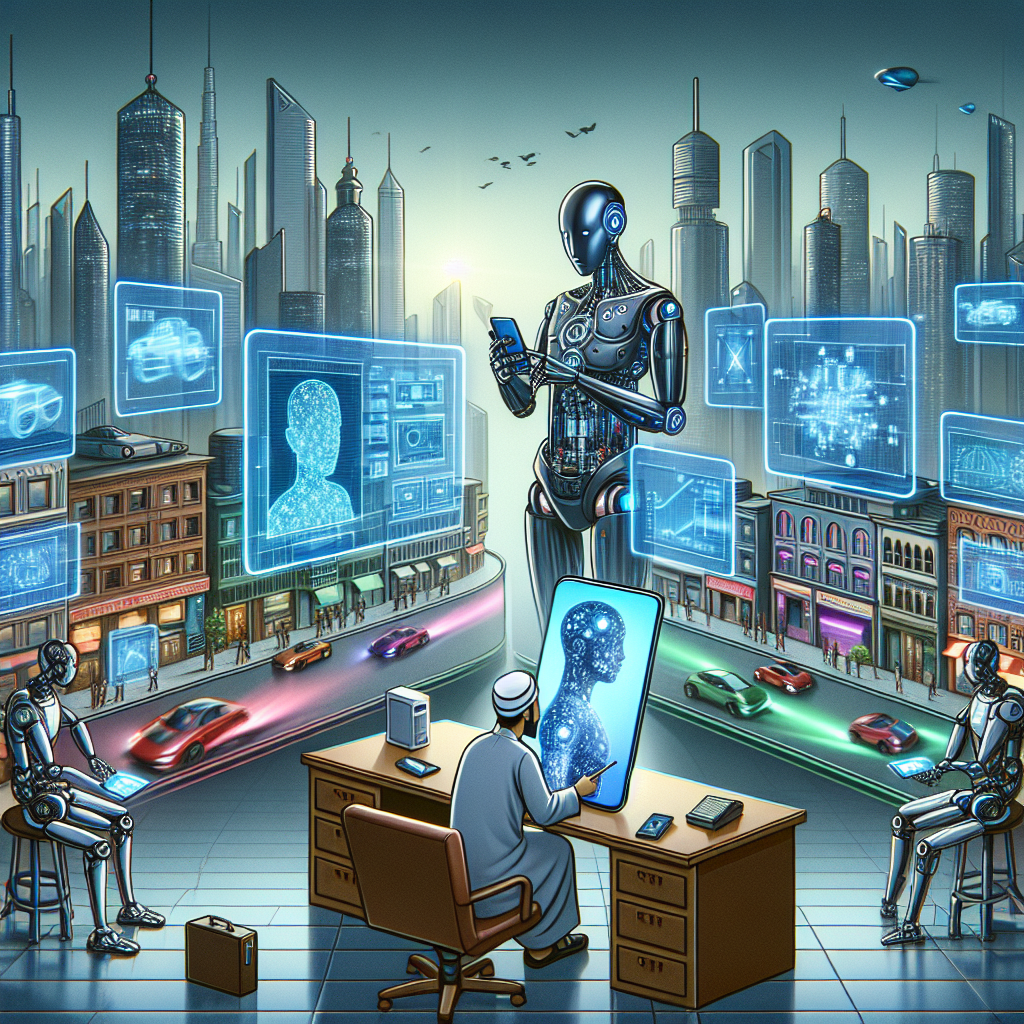The Future of AI in Tech Reviews: Will AI Replace Human Reviewers?
Introduction
The integration of artificial intelligence (AI) into the field of technology reviews is a burgeoning trend that promises to reshape how consumers receive and rely on these evaluations. As AI technologies become more sophisticated, there is growing speculation about the potential for AI systems to supplement or even replace human reviewers. This shift could lead to faster, possibly more objective reviews and might also introduce new capabilities such as personalized recommendations and automated, real-time analysis of tech products. However, this potential transition also raises questions about the nuances of human experience and subjective judgment that AI might not fully replicate. The future of AI in tech reviews hinges on how these technologies are developed, the ways in which they are integrated into existing review frameworks, and the public’s acceptance of AI-driven insights as a substitute for human expertise.
The Future of AI in Tech Reviews: Will AI Replace Human Reviewers?
The integration of Artificial Intelligence (AI) into various sectors has sparked a significant transformation, particularly in the realm of technology reviews. As AI continues to evolve, one pressing question emerges: Will AI replace human reviewers? This query not only highlights concerns about job displacement but also raises curiosity about the potential enhancements AI could bring to tech reviews.
AI’s capabilities in analyzing large datasets swiftly and providing insights based on patterns it detects make it an invaluable tool in the tech industry. For instance, AI can process and evaluate thousands of user reviews and product specifications in a fraction of the time it would take a human. This ability allows for a more comprehensive aggregation of data, potentially leading to more accurate and nuanced tech reviews. Moreover, AI can assist in maintaining a consistent standard for review, eliminating the variability introduced by human subjectivity.
However, the transition from human reviewers to AI-driven systems is not without its challenges. One of the primary concerns is the nuanced understanding and emotional depth that human reviewers bring to their analyses. Tech products often require not just a functional review but also an assessment of user experience, which can be deeply subjective and varies widely from one individual to another. While AI can provide data-driven insights, it currently lacks the capability to fully understand and interpret human emotions and subjective experiences.
Furthermore, the credibility of reviews could be impacted by the shift towards AI. Trust is a cornerstone of tech reviews, and readers often rely on the reputation and expertise of human reviewers. There’s a relational aspect to tech reviewing that AI might not be able to replicate. For example, a reviewer’s personal anecdote about using a tech gadget can make the review more relatable and trustworthy. AI-generated reviews, while informative, might not engage readers in the same way, potentially leading to a disconnect.
Despite these challenges, the integration of AI into tech reviews doesn’t necessarily spell the end for human reviewers. Instead, it is more likely that AI will serve as a tool to augment the capabilities of human reviewers rather than replace them entirely. By handling the data-heavy aspects of reviews, AI can free up human reviewers to focus on the more subjective components of tech products. This collaboration could lead to more detailed and comprehensive reviews, combining the best of both worlds: the efficiency and analytical power of AI with the empathetic and nuanced understanding of humans.
In conclusion, while AI is set to play an increasingly significant role in tech reviews, it is unlikely to completely replace human reviewers. The future will likely see a hybrid approach where AI enhances the breadth and accuracy of reviews while humans contribute depth and narrative quality. This partnership could redefine tech reviews, making them more insightful and valuable for consumers. As we move forward, the key will be to find the right balance between leveraging AI’s capabilities and retaining the irreplaceable human touch that adds depth to technological assessments.
Conclusion
The future of AI in tech reviews suggests a complementary role rather than a complete replacement of human reviewers. AI can efficiently handle large datasets, provide personalized recommendations, and automate repetitive tasks, enhancing the speed and accuracy of tech reviews. However, human reviewers are crucial for providing nuanced insights, emotional evaluations, and ethical considerations that AI currently lacks. Therefore, while AI will increasingly be used in tech reviews to improve efficiency and objectivity, human reviewers will remain essential for their unique perspectives and critical analysis capabilities.



